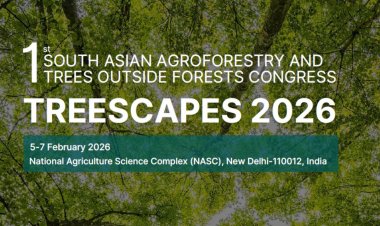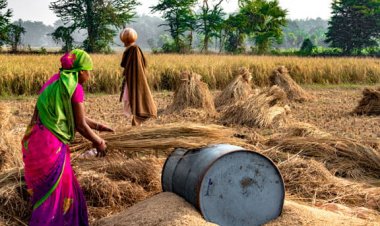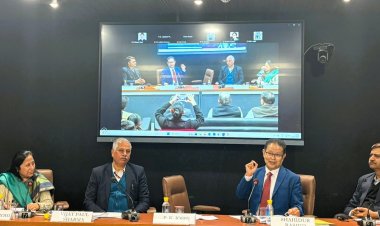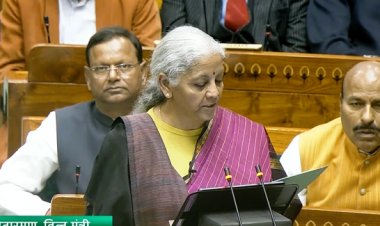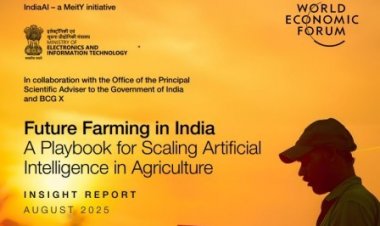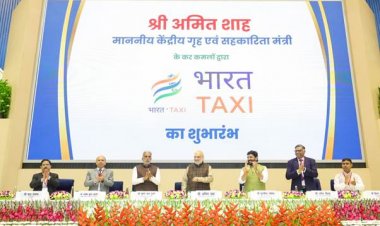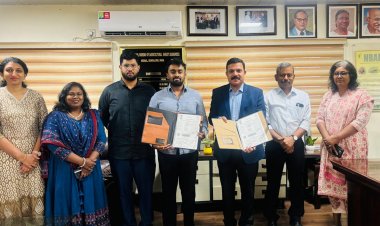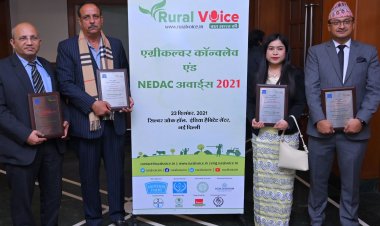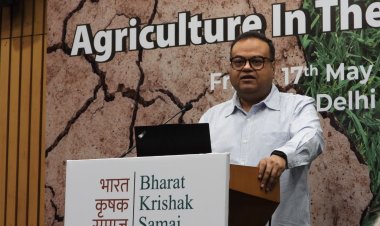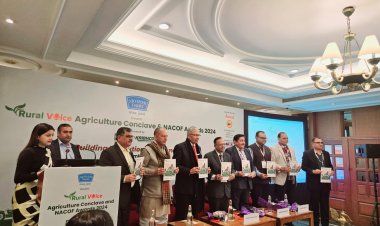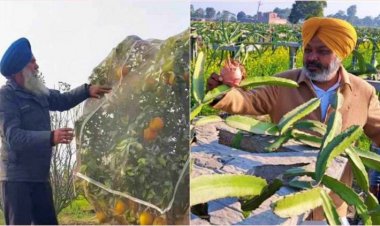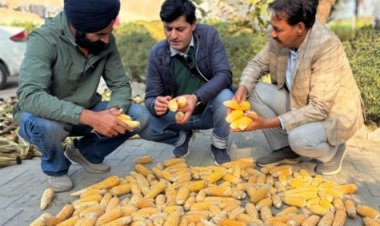50 per cent increase in DAP subsidy; prices of complex fertilizers to remain unchanged despite high global prices
A rise in prices in the international market has led the government to increase the subsidy on DAP to Rs 2,501 per bag, which is 50 per cent more than the earlier subsidy. The new subsidy rates on the raw materials of complex fertilizers have been notified under the NBS scheme. This will help the farmers continue getting DAP and NPK fertilizers at the current prices. Besides, agreements are being signed with Egypt and Saudi Arabia for the imports of these fertilizers so that their availability can be maintained in the current Kharif season.
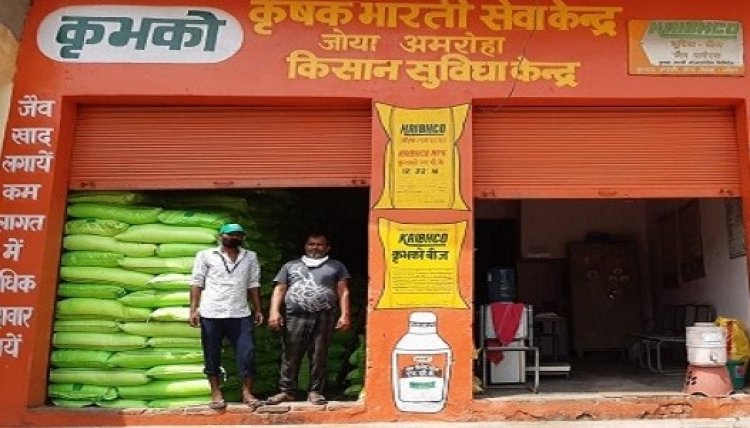
A rise in prices in the international market has led the government to increase the subsidy on Di-Ammonium Phosphate (DAP) to Rs 2,501 per bag, which is 50 per cent more than the earlier subsidy. The new subsidy rates on the raw materials of complex fertilizers have been notified under the Nutrient-Based Subsidy (NBS) scheme. This will help the farmers continue getting DAP and Nitrogen, Phosphorus and Potash (NPK) fertilizers at the current prices. Besides, agreements are being signed with Egypt and Saudi Arabia for the imports of these fertilizers so that their availability can be maintained in the current Kharif season.
The Union Cabinet meeting chaired by Prime Minister Narendra Modi approved on Wednesday the proposal of the Department of Fertilizers (DoF) for NBS rates for Phosphatic and Potassic (P&K) fertilizers for Kharif Season 2022 (from 1 April 2022 to 30 September 2022). The DoF has issued a notification in this regard.
According to the government decision, the increase in the international prices of DAP and its raw materials has primarily been absorbed by the Union Government. The Union Government has decided to provide a subsidy of Rs 2501 per bag on DAP instead of the existing subsidy of Rs 1650 per bag, which is a 50 per cent increase over the last year’s subsidy rates. The government says that the increase in the prices of DAP and its raw materials is in the range of approximately 80 per cent.
The subsidy level on DAP has gone up to Rs 50,013 per tonne after the new NBS rates. In March the fertilizer companies had raised the price of DAP to Rs 1,350 per bag (50kg), an increase of Rs 150 per bag. The three variants of NPK complex fertilizers are priced at Rs 1,450 to Rs 1,470 per bag.
According to the notification issued by DoF, a subsidy of Rs 91.96 per kg will be given for Nitrogen (N), Rs 72.74 per kg for Phosphorus (P), Rs 25.31 per kg for Potash (K) and Rs 6.94 per kg for Sulphur (S) under the new NBS rates. These rates will be applicable in the Kharif season 2022 from 1 April 2022 to 30 September 2022. The subsidy on Muriate of Potash (MOP) now stands at Rs 15,186 per tonne and that on Single Super Phosphate (SSP) at Rs 7,513 per tonne. The subsidy rates on the various variants of complex fertilizers — NP, NPK, NPS and SS — now vary from Rs 20,448 per tonne to Rs 46,116 per tonne.
Speaking to Rural Voice on this decision of the government, fertilizer industry sources said that the increased subsidy by the government did not compensate for the entire DAP cost at present. Had the government raised the subsidy to Rs 53,000 per tonne, it would have made the fertilizer companies break even. A subsidy lesser than this would make them incur losses. The DAP price is hovering at about $1,000 per tonne in the international market. Plus, there are import costs and tax payments.
Sources say that the government has gone ahead with talks with Egypt and Saudi Arabia for the import of P&K fertilizers and the public sector companies are likely to import them from these countries. In such a scenario, the availability of DAP and other complex fertilizers will be bettered in the Kharif season. Egypt has proposed to export fertilizers in lieu of wheat imports. The ongoing war between Russia and Ukraine has affected the availability of fertilizers across the world and there has been a steep hike in their prices. Russia and Belarus are among the world’s largest exporters of these fertilizers.
According to the notification issued by the government, the subsidy approved by the Cabinet for the NBS Kharif 2022 will be Rs 60,939.23 crores.
The government is making available fertilizers, namely Urea and 25 grades of P&K fertilizers, to the farmers at subsidized prices through fertilizer manufacturers/importers. The subsidy on P&K fertilizers is being governed by NBS Scheme with effect from 1 April 2010. In view of the steep increase in the international prices of fertilizers and inputs, i.e., Urea, DAP, MOP and Sulphur, the government has decided to absorb the increased prices by increasing the subsidy on P&K fertilizers, including DAP.
Barring urea, the fertilizers come under the category of decontrolled fertilizers. The price of urea is fixed by the government while the prices of the decontrolled fertilizers are fixed by the companies themselves, depending on the subsidy granted by the government under NBS as well as on the production and the import costs. Over nearly last one-and-a-half years, the fertilizer prices have registered steep price increases in the international market, which has led the government to increase the subsidies on decontrolled fertilizers in May 2021, October 2021 and 27 April 2022 so that their prices may be kept at a reduced level for the farmers.



 Join the RuralVoice whatsapp group
Join the RuralVoice whatsapp group

















